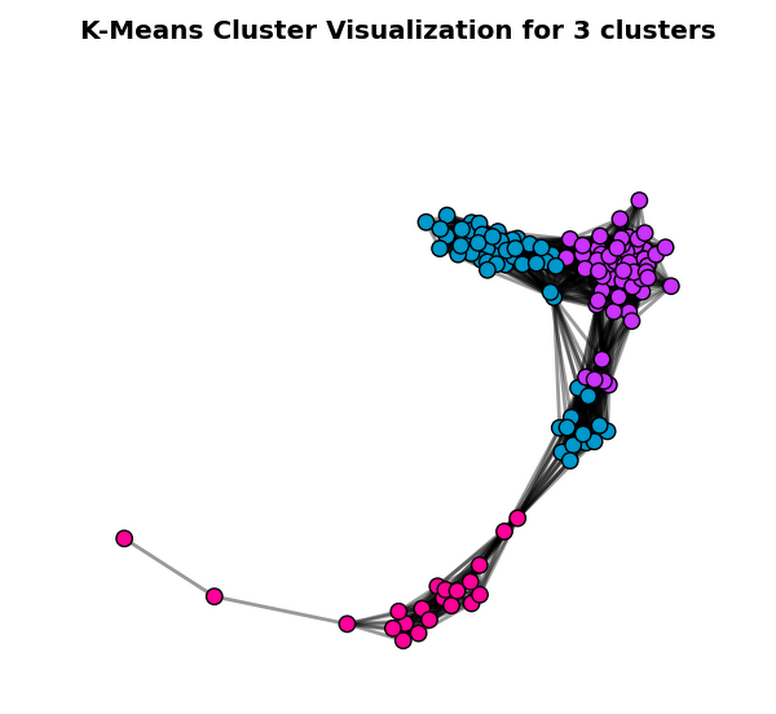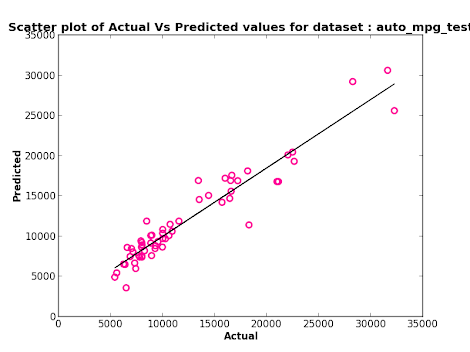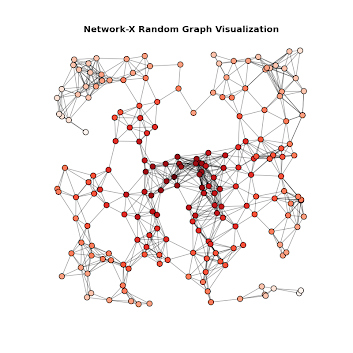A Python wrapper for MADlib - an open source library for scalable in-database machine learning algorithms. You can visit [PyMADlib's webpage](http://pivotalsoftware.github.io/pymadlib/) for installation and usage tutorials.
PyMADlib currently has wrappers for the following algorithms in MADlib (version 0.5).
- Linear regression
- Logistic Regression
- SVM (regression & classification)
- K-Means
- LDA
Refer MADlib User Docs for MADlib's user documentation. Please note that PyMADlib as of now is only compatible with MADlib v0.5. You can obtain MADlib v0.5 from MADlib v0.5. We might add support to more recent versions of MADlib depending on adoption rate. Please email me if you have a strong case for an upgrade.
- You'll need the python extension psycopg2 to use PyMADlib.
- If you have matplotlib installed, you'll see Matplotlib visualizations for Linear Regression demo.
- If you have installed networkx, you'll see a visualization of the k-means demo
- PyROC is included in the source of this distribution with permission from its developer. You'll see a visualization of the ROC curves for Logistic Regression.
To configure your DB Connection parameters You should create a file in your home directory
~/.pymadlib.config
that should look like so :
[db_connection] user = gpadmin password = XXXXX hostname = 127.0.0.1 (or the IP of your DB server) port = 5432 (the port# of your DB) database = vatsandb (the database you wish to connect to)
PyMADlib depends on MADlib, psycopg2 and Pandas. It is easiest to work with PyMADlib if you have Anaconda Python.
-
Download & install [Anaconda-1.9.0-MacOSX-x86_64.pkg] (http://repo.continuum.io/archive/Anaconda-1.9.0-MacOSX-x86_64.pkg)
-
Open a terminal and check if you have Anaconda Python & the package manager conda
vatsan-mac$ which python /Users/vatsan/anaconda/bin/python vatsan-mac$ which conda /Users/vatsan/anaconda/bin/conda
- If you haven't installed PostgreSQL on your Mac already, you'll have to download & install
PostGreSQLfor Mac. This is so that we get some required libraries to compile the SQL Engine: psycopg2. The easiest way to installPostGreSQLon Mac is viahttp://postgresapp.com/. Once you've downloaded and installed PostGreSQL on Mac, it should typically be found under/Library/PostgreSQL
vatsan-mac$ ls /Library/PostgreSQL/9.2/ Library include pg_env.sh uninstall-postgresql.app bin installer scripts data lib share doc pgAdmin3.app stackbuilder.app
I don't think the version of the PostGreSQL matters (9.1 or above is fine).
- You may need to create some symlinks to
libpq&libsslso thatpsycopg2is able to find it:
vatsan-mac$ sudo ln -s /Users/vatsan/anaconda/lib/libssl.1.0.0.dylib /usr/lib vatsan-mac$ sudo ln -s /Users/vatsan/anaconda/lib/libcrypto.1.0.0.dylib /usr/lib
- Install
Psycopg2
vatsan-mac$ conda install distribute vatsan-mac$ pip install psycopg2
- Now we're ready to test if the installations of the required libraries were successful.
vatsan-mac$ python -c 'import psycopg2'
If the above command did not error out, then installation was successful.
- You may install
PyMADlibby downloading the source (from PyPI) and then run the following
sudo python setup.py build sudo python setup.py install
- If you use easy_install or pip, simply run :
sudo easy_install pymadlib
Visit PyMADlib Tutorial for a tutorial on using PyMADlib Also visit PyMADlib IPython NB to download the IPython NB tutorial
You may run the demo from the extracted directory of pymadlib like so :
python example.py
If you installed PyMADlib using instructions in the previous section, then simply run
python -c 'from pymadlib.example import runDemos; runDemos()'
Remember to close the Matplotlib windows that pop-up to continue with the rest of the demo.
PyMADlib packages publicly available datasets from the UCI machine learning repository and other sources.
- Wine quality dataset from UCI Machine Learning repository
- Auto MPG dataset from UCI ML repository from UCI Machine Learning repository
- Wine quality dataset from UCI Machine Learning repository
- Obama-Romney second presidential debate (2012) transcripts




